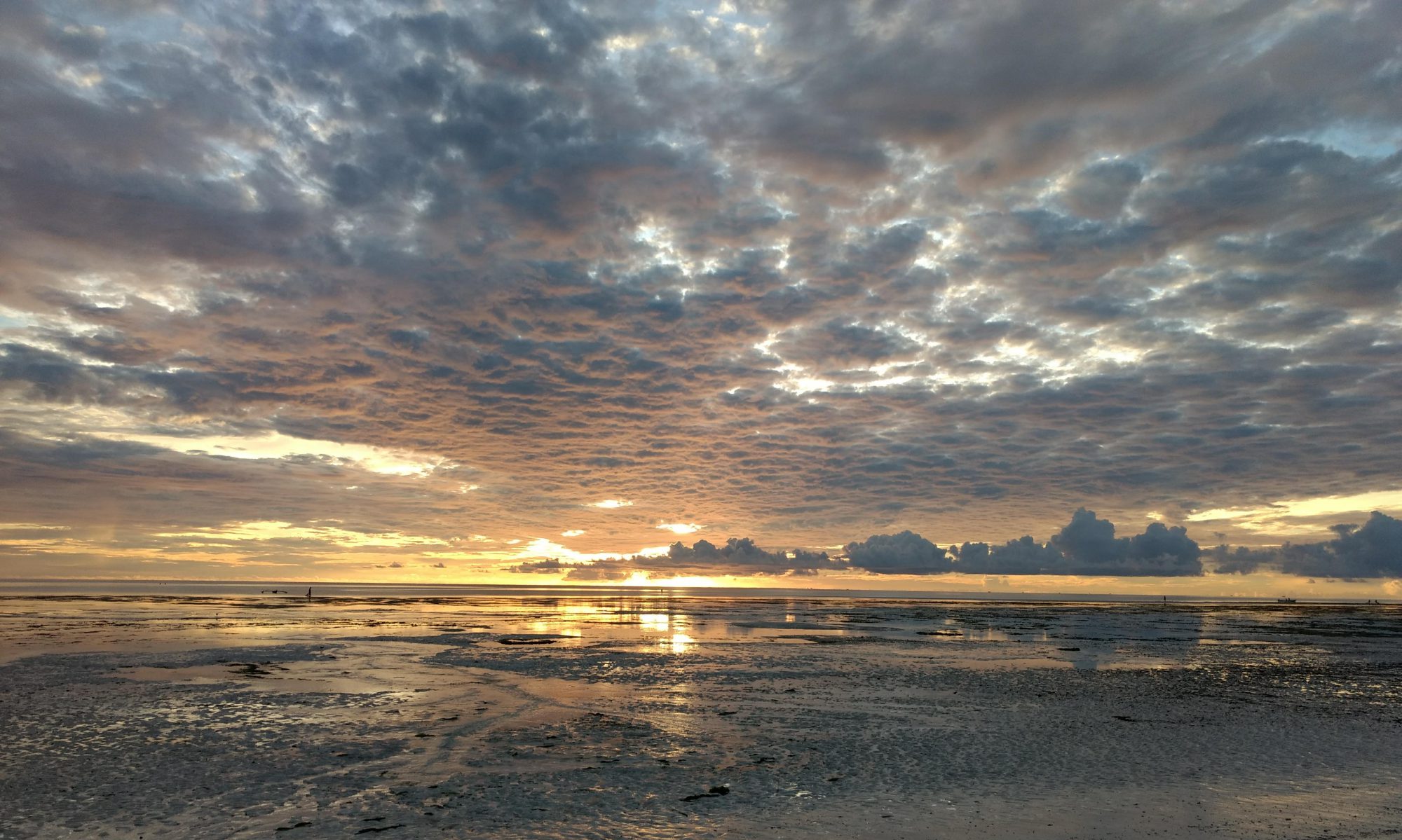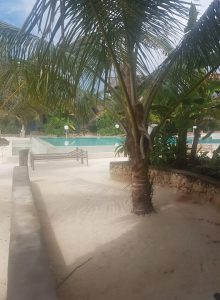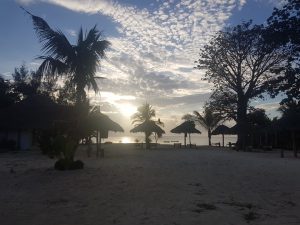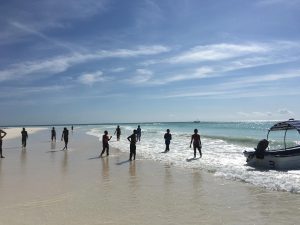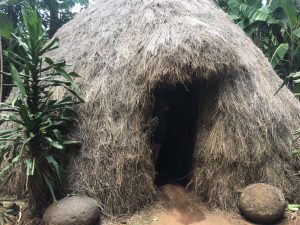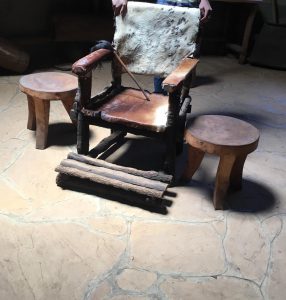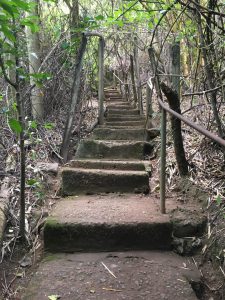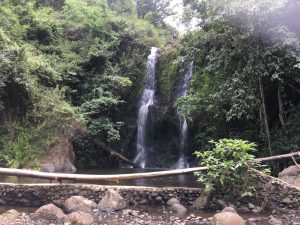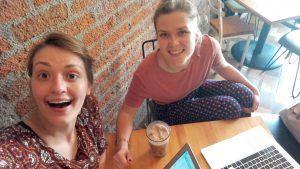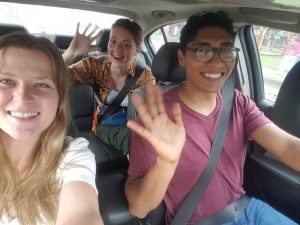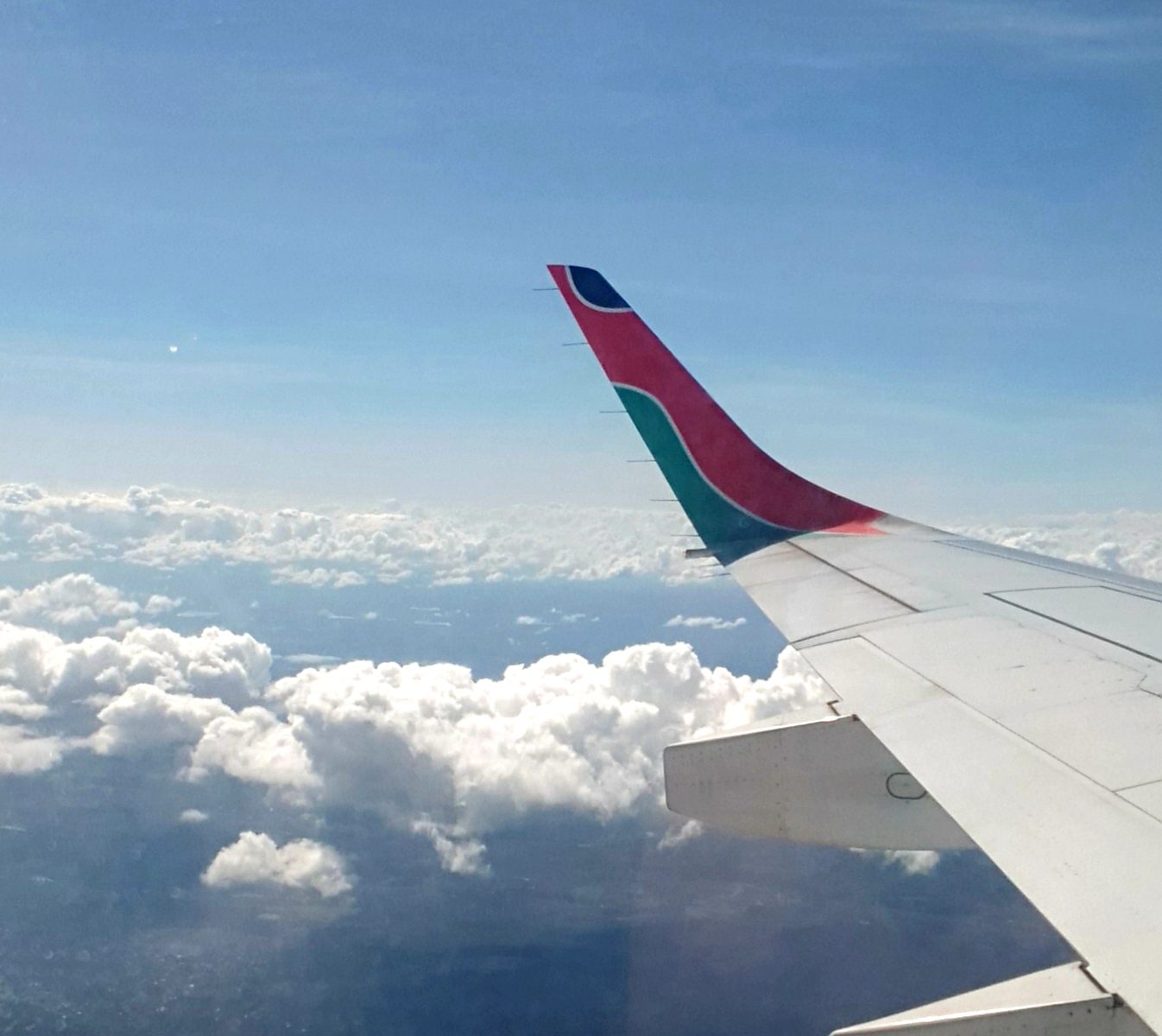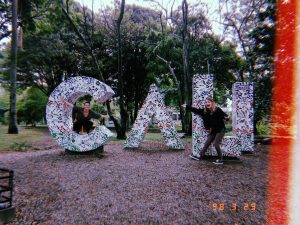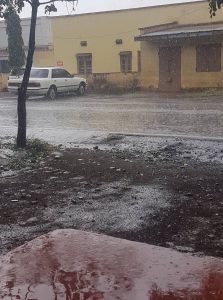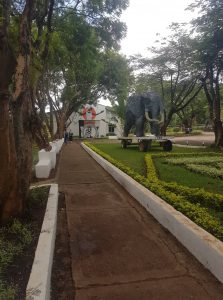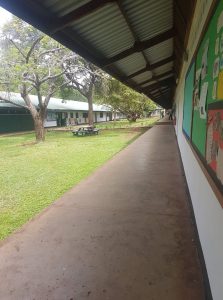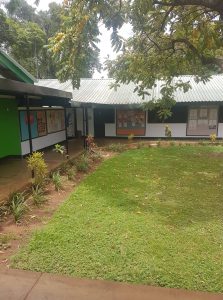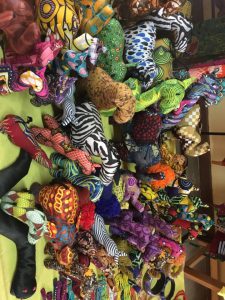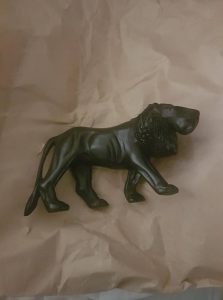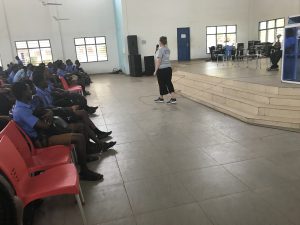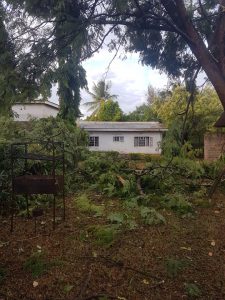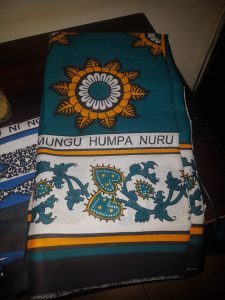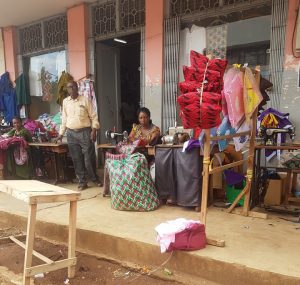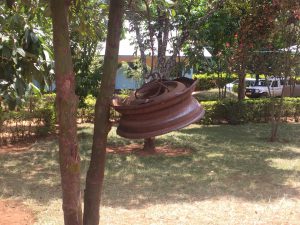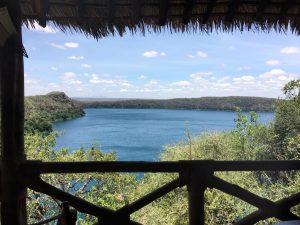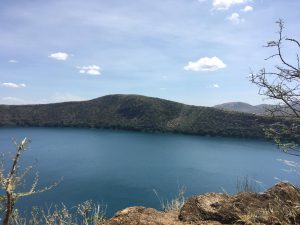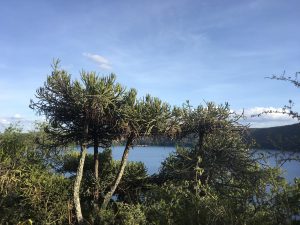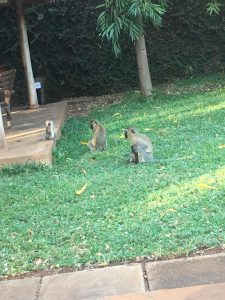Hello everyone,
This is my first blog post of the minor field study in Western Kenya. I will be doing an ethnographic study of a community-based organization and how it works with empowerment of the locals.
I have been in need to land in the new environment and with all its new experiences. You cannot put in words how you feel before you actually know it yourself. And still, it is hard to fully describe what I am and have been experiencing. Everything is so different from what I know.
To begin with, I did not get much sleep on the way here on the planes. First, I went to Copenhagen –> to Amsterdam –> to Nairobi –> to Kisumu. Maybe three hours of sleep all together for the whole 20 hours journey.
Even though I was tired and could not fully comprehend that I was leaving by myself to a foreign country, my goal was to just catch all the flights and get safe to the end point of where I would meet my personal contact, George, in the field in Kisumu airport.
Finally, I arrive around 10 am on Monday morning (22nd April) and I meet my distant friend for the first time. It is a meeting both relieving to see someone that will support you on your journey, but also a little scary to not know how things will turn out.
To make it short, it was a lot of new experiences on the way to the house in which I would be staying.
We drove past very poor areas, and my mind could not comprehend how the world could look like that. To read about it is a complete different thing than to see it. Things cross my mind such as; how can we put money on new hotels and renovate rich areas, and not support this kind of places where clean water, food and shelter is a virtue.
I was trying not to think too much of it as I was very tired and wanted to focus on trying to stay alert.
About a hour later, we arrived at the house. It is in a rural area in Western Kenya where cows and sheeps walk free with people herding them. People are waving to me and children shouts out “wazungo!!”, which means “white person”.
Arriving and entering into the room I would sleep in, all emotions came at once. I could have not prepared myself in advance of the poverty I’d seen.
No matter how much you read about something, you will not fully “understand” it unless you experience it or see it through your own eyes. Then, your body and mind must express it the way it needs to. You have to let go of your own control. So, I could only just let the tears flow.
4 Days later…
Already after the first day, I felt SO much better. I had to just go with the flow, trust the people around me, and let go of what I cannot control. When I saw more and got more adjusted to the environment, I could enjoy the experience and the loving people around me. I even got to see a very special wedding the second day that was combined with two different type of Christian beliefs, something that seldom happens.
Asante sana. I am so thankful for the family I am staying with and all the people I’ve met this far. They have such warm hearts. And the journey, has just begun…
